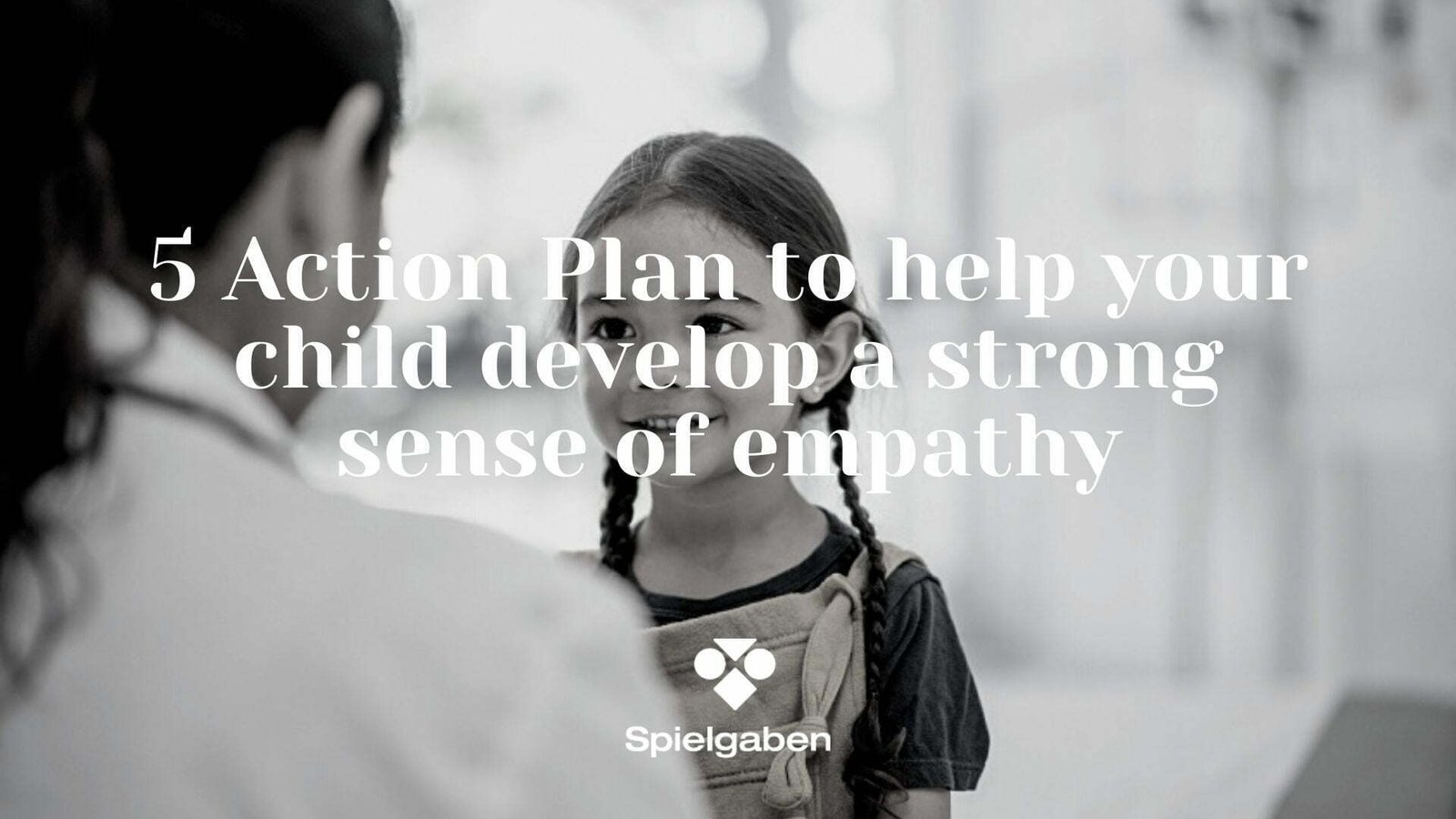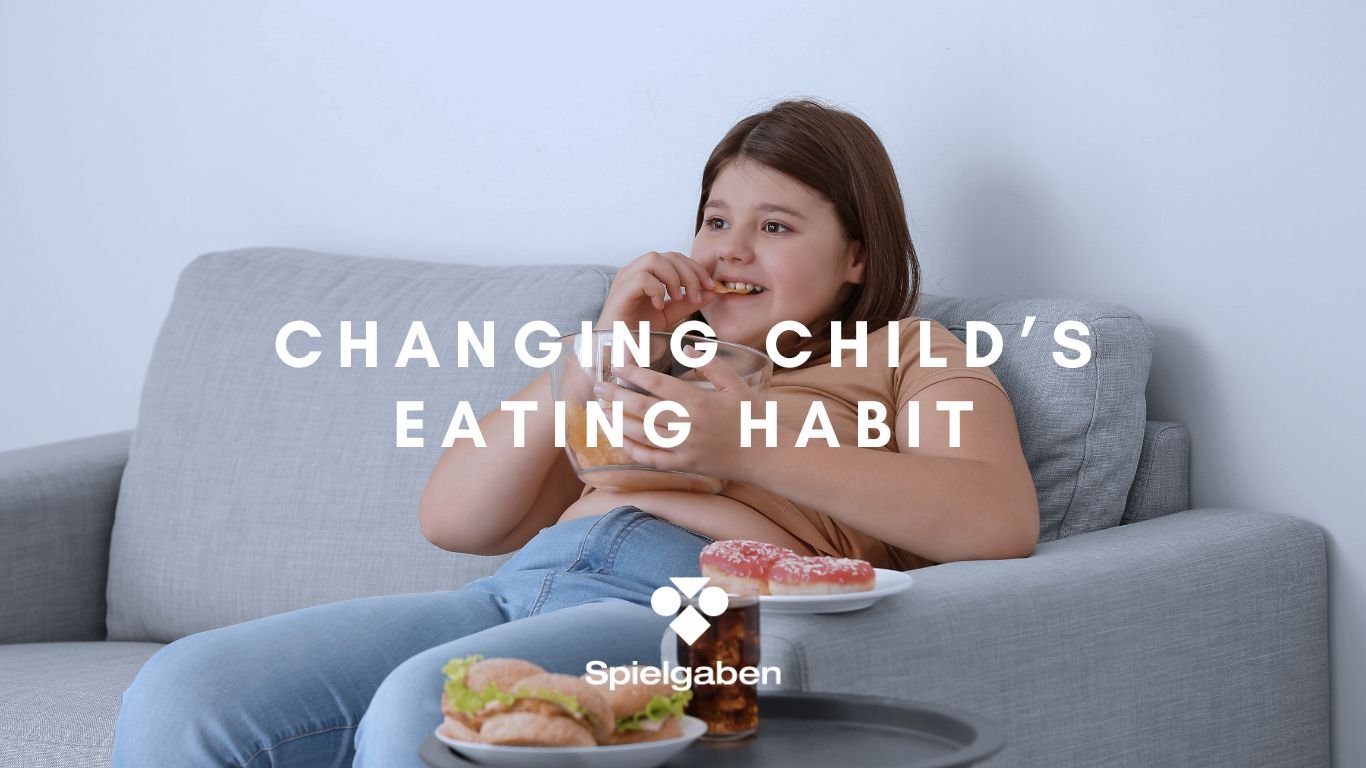Why Modern Parenting Needs a Shift from Performance to Connection
In today’s world, it’s easy to conflate busyness and achievement with personal value. As adults, we may unconsciously pass this mindset onto our children. But what if this relentless pursuit of “enoughness” is harming not only us but also the next generation? By focusing too much on performance, we risk losing sight of what truly matters: meaningful human connection and unconditional love.
Let’s explore how you can move away from this culture of performance and guide your children toward genuine happiness and fulfillment.
The Modern Religion of Busyness and Achievement
Our society often treats busyness as a badge of honor. Parents are constantly juggling work deadlines, extracurricular activities, social commitments, and more, all while raising children in an increasingly competitive world.
This hustle isn’t just a reflection of adult life—it’s a new kind of religiosity, where success and productivity become ultimate goals. The notion that self-worth is tied to accomplishments has trickled down to our children, as they are pushed to excel in academics, sports, and social spheres.
But is this pace sustainable or even meaningful? Children often mirror their parents’ stress, adopting a belief that they must always do more and be more.
As parents, we must ask ourselves: Are we unconsciously teaching our children to equate their value with their performance? And if so, how can we shift our focus toward healthier, more enduring values?
The Pitfalls of the Pursuit of “Enough”
The pressure to “be enough” has far-reaching consequences for children. This pursuit manifests in ways that may not be immediately obvious but can have lasting effects on their mental health.
- Anxiety and Loneliness
The constant push to achieve creates stress and isolates children from their peers. For example, a child who believes their worth is tied to grades or athletic performance may fear failure so much that they avoid risks altogether, leading to feelings of inadequacy. - A Fragile Sense of Self-Worth
Children begin to associate their value with external approval—grades, trophies, or social media likes—rather than intrinsic qualities like kindness, creativity, or resilience. - Burnout Before Adulthood
Many high-achieving communities report alarming rates of depression and even suicide among young people. In such environments, the pressure to succeed leaves little room for self-discovery or joy.
Recognizing these patterns in our children is the first step toward helping them break free from the trap of performanceism.
What Children Really Need: Unconditional Love and Connection
Instead of emphasizing achievement, parents can create a home environment rooted in love, acceptance, and connection. Here are some actionable steps:
- Celebrate Effort, Not Outcomes
When your child shows hard work or creativity, praise their effort rather than the result. For instance, instead of saying, “You’re so smart for getting an A,” try, “I’m so proud of how hard you studied for this test.” - Model Healthy Behavior
Children learn from what you do more than what you say. Show them that it’s okay to rest, make mistakes, or simply enjoy activities without needing to excel. - Prioritize Time Together
Regular family rituals—like weekly game nights, shared meals, or bedtime stories—build trust and emotional security. These moments remind your child that they are valued simply for being themselves. - Teach Them to Fail Gracefully
Help your child see failure as an opportunity to learn rather than a reflection of their worth. Share your own experiences of setbacks and how they shaped your growth.

The Danger of Perfectionism
While striving for excellence is admirable, perfectionism can be toxic. Many children are taught, intentionally or not, that mistakes are unacceptable. But this belief often leads to shame and discourages them from trying new things.
As parents, we can combat perfectionism by normalizing imperfection. Acknowledge your own mistakes in front of your children, and emphasize the importance of resilience.
For example, if you burn dinner, laugh about it, and invite your child to help make sandwiches instead. These small moments teach kids that life isn’t about flawless performance but about adaptability and joy.
The Illusion of Status and Its Impact on Families
Modern society often ties happiness to status—what school your child attends, how many extracurriculars they participate in, or even how their social media profiles look. This obsession with status can become all-consuming, turning parenting into a competitive sport.
But this pursuit of status often comes at the expense of mental health and family connection. The constant need to “keep up” can leave both parents and children exhausted.
To counter this, parents can redefine success within their own families. Success might look like:
- A child who is kind to their classmates.
- A teenager who has the courage to pursue their unique interests, even if they’re unconventional.
- A family that prioritizes laughter and togetherness over outward appearances.
By rejecting societal expectations, parents can focus on what truly brings long-term fulfillment.
A Story of Transformative Love
Sometimes, the most powerful lessons come from acts of simple, unconditional love. In her memoir Cherry, poet Mary Carr recounts how, at 14 years old, she attempted suicide amidst a storm of despair. Her father, upon discovering her fragile state, drove hundreds of miles to bring her a bushel of plums—her favorite fruit, which was out of season.
This small yet profound gesture reminded Carr that her worth wasn’t tied to her achievements or failures. It was her father’s love, given freely and without judgment, that saved her.
As parents, we can offer this same kind of love to our children. Small acts of kindness—listening without distraction, hugging them when they’re upset, or showing up for their events—speak volumes. These moments tell our children, “You are enough just as you are.”













LEAVE A COMMENT